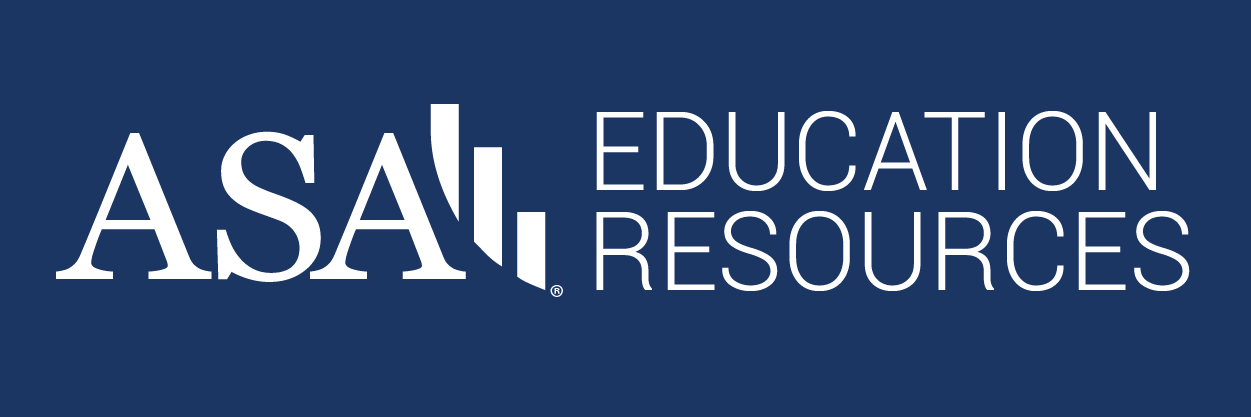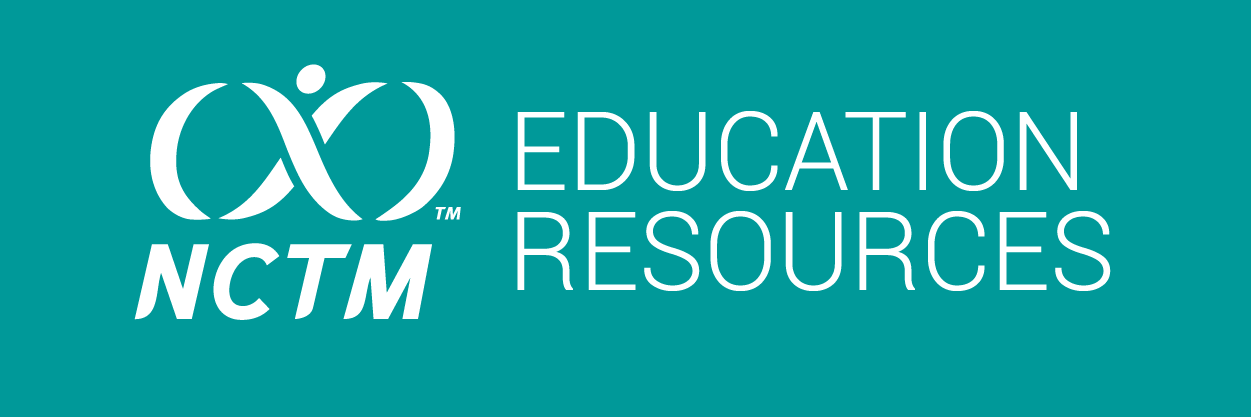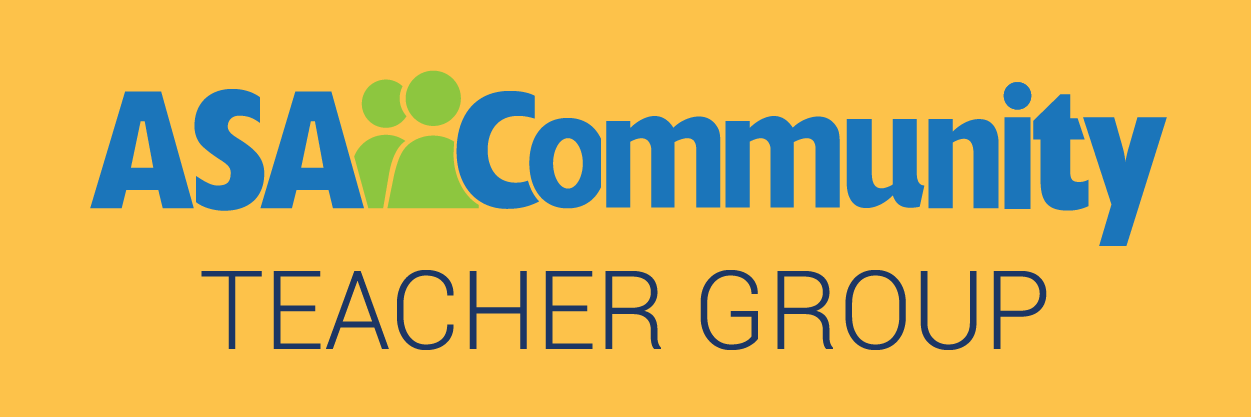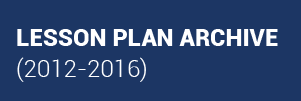Some New Old Assessment Ideas
When 2020 pitched its curveball at educators, one of the largest challenges we faced was finding equitable, meaningful assessments that could be delivered remotely. In other words, could we write exam questions we thought students would find authentic and still allow us to feel confident we were learning about students’ individual achievements?

















